Come professionista esperto nel settore delle caldaie, I can attest to the importance of pressure vessels in this field. Pressure vessels are a crucial component of many industrial processes and applications, including boilers. In questo articolo, I will discuss what pressure vessels are, how they operate, their common types, and their applications. Inoltre, I will explore the similarities and differences between pressure vessels and boilers.
What is a Pressure Vessel?
A pressure vessel is a container designed to hold liquids or gases at a pressure significantly different from the ambient pressure. Pressure vessels are widely used in many industries, including chemical processing, oil and gas, food and beverage, pharmaceuticals, and nuclear power.
The design of pressure vessels depends on various factors, including the type of material being stored, the temperature, and the pressure of the substance. Pressure vessels can be designed using various materials, including steel, aluminum, and composite materials.
Pressure vessels are typically categorized as either “low-pressure” or “high-pressure” vessels, depending on the pressure they are designed to withstand. Low-pressure vessels are typically used for storage, while high-pressure vessels are used in applications such as compressed air storage, compressed gas naturale (CNG) storage, and hydrogen storage.
Serve una nuova caldaia?
How Does a Pressure Vessel Operate?
Pressure vessels operate by maintaining a difference in pressure between the contents of the vessel and the surrounding environment. The contents of the vessel are held under pressure, which can then be used to drive industrial processes or applications. The vessel is designed to withstand the pressure and temperature conditions required by the specific application.
What are Some Common Types of Pressure Vessels?
Pressure vessels are containers designed to hold gases or liquids at a pressure substantially different from ambient pressure. They are used in a variety of industries such as chemical, olio and gas, produzione di energia, and pharmaceuticals. Here are some common types of pressure vessels:
| Type of Pressure Vessel | Description | Common Applications |
|---|---|---|
| Storage Tanks | Designed to store gases or liquids at ambient temperature and pressure | Chemical, pharmaceutical, and oil and gas industries |
| Reactors | Designed for chemical reactions | Chemical and pharmaceutical industries |
| Caldaie | Used to generate steam for power generation or heating applications | Power generation and heating industries |
| Heat Exchangers | Used to transfer heat between two or more fluids at different temperatures | Chemical, oil and gas, and power generation industries |
| Distillation Columns | Used for the separation of different components from a mixture | Chemical industry |
| Autoclaves | Used for sterilization and testing in medical and biological industries | Medical and biological industries |
| Separators | Used to separate oil, gas, and water | Oil and gas industry |
| Air Receivers | Used to store compressed air for use in pneumatic systems | Industrial and manufacturing processes |
| Pressure Vessels for Food Processing | Used for cooking, canning, and sterilization of food products | Food industry |
These are just a few examples of the common types of pressure vessels. There are many other types of pressure vessels used in different industries for different applications.
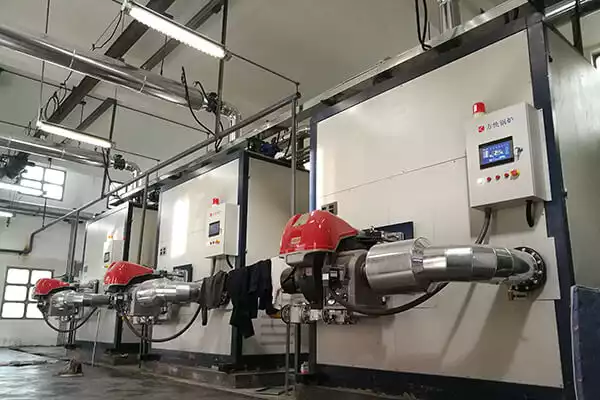
What are Pressure Vessels Used for?
Pressure vessels are used to store, transport, and process gases and liquids at a pressure that is different from the ambient pressure. Here are some of the common applications of pressure vessels:
| Industry/Application | Description |
|---|---|
| Storage | Pressure vessels are used to store gases and liquids in a safe and efficient manner. These can include gases like propane, nitrogen, and oxygen, or liquids like petroleum products and chemicals. |
| Chemical Processing | Pressure vessels are used in chemical processing plants for chemical reactions, distillation, and other processes. Per esempio, a reactor vessel is used for mixing chemicals and initiating chemical reactions. |
| Power Generation | Boilers are a type of pressure vessel used in power plants to generate steam which is used to power turbines and produce electricity. |
| Oil and Gas Production | Pressure vessels are used in the oil and gas industry to store and transport oil and gas, as well as to separate oil, gas, and water. These vessels are also used for gas processing and refining. |
| Pharmaceutical and Biotech | Pressure vessels are used in the pharmaceutical and biotech industry for the production of drugs and biologics, as well as for research and development. |
| Food and Beverage | Pressure vessels are used in the food and beverage industry for cooking, pasteurization, and sterilization of food products. |
| Aerospace and Aviation | Pressure vessels are used in aerospace and aviation industries to store and transport gases such as oxygen and nitrogen for use in aircraft and space vehicles. |
Complessivamente, pressure vessels play a critical role in a wide range of industries and applications where the storage, transport, or processing of gases and liquids at high pressure is necessary.
Ricevi preventivi GRATUITI sulla caldaia
Ricevi preventivi GRATUITI per le caldaie locali oggi
Confronta i migliori prezzi
Risparmia denaro sulla tua nuova caldaia oggi!
What are the Differences Between a Pressure Vessel and a Boiler?
Pressure Vessel vs Boiler
A pressure vessel and a boiler are two different types of equipment that are used in different applications. While there may be some similarities in design and construction, there are some key differences between the two.
Here are some of the main differences between a pressure vessel and a boiler:
- Purpose: The primary purpose of a pressure vessel is to store or transport fluids or gases under high pressure. A boiler, d'altra parte, is used to generate steam for power generation or heating applications.
- Design: Pressure vessels can have a variety of designs, depending on their intended use. They may be cylindrical, spherical, or rectangular in shape. Caldaie, d'altra parte, are designed to have a specific shape and configuration to optimize heat transfer and steam generation.
- Pressure Ratings: Pressure vessels typically operate at pressures ranging from a few psi (pounds per square inch) to several thousand psi. Caldaie, d'altra parte, are designed to operate at much higher pressures, typically in the range of hundreds or thousands of psi.
- Construction: Pressure vessels can be constructed from a variety of materials, including carbon steel, stainless steel, and high-strength alloys. Caldaie, d'altra parte, are typically constructed from high-quality steel alloys that can withstand high pressures and temperatures.
- Code Requirements: Pressure vessels are subject to various codes and standards, depending on their intended use and location. Boilers are subject to specific codes and standards that govern their design, construction, and operation, including the ASME Boiler and Pressure Vessel Code.
Complessivamente, while there may be some overlap in design and construction between pressure vessels and boilers, they are two distinct types of equipment that are used for different applications and have different design and construction requirements.
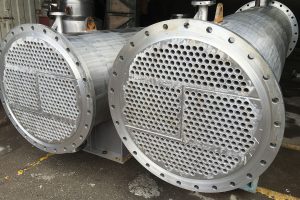
Insomma, pressure vessels are a critical component in the boiler industry and many other industrial applications. They are designed to withstand the pressure and temperature conditions required by specific applications and are constructed from various materials. Pressure vessels come in different types and are used for various applications, including storage and transportation of gases and liquids, heat exchange processes, and chemical reactions. While there are differences between pressure vessels and boilers, they share some similarities and require regular maintenance and inspection to ensure their safe and efficient operation.

Cerco caldaie con lavorazioni sofisticate, ottima qualità?
La caldaia Fangkuai può sempre fornire ciò che desideri.

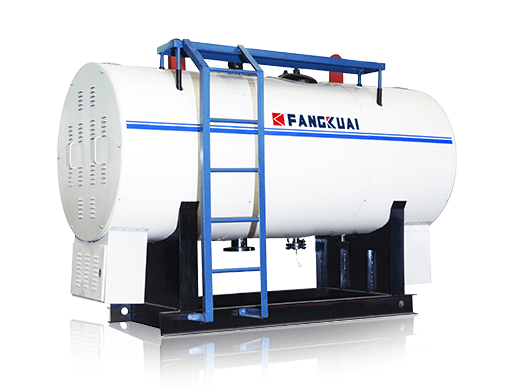 Caldaia elettrica per acqua calda
Caldaia elettrica per acqua calda 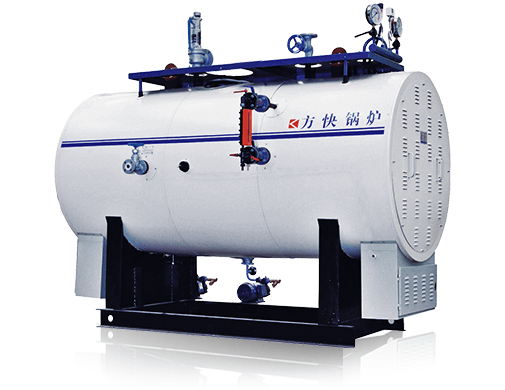 Caldaia a vapore elettrica
Caldaia a vapore elettrica 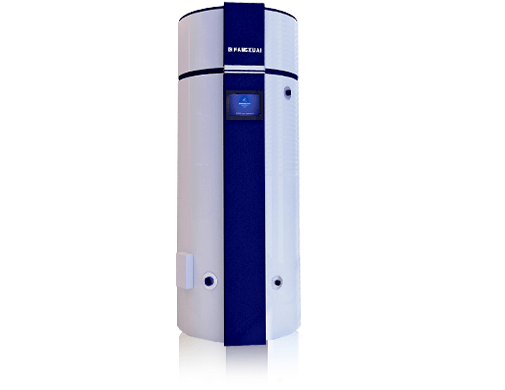 Caldaia ad acqua calda a gas V6
Caldaia ad acqua calda a gas V6 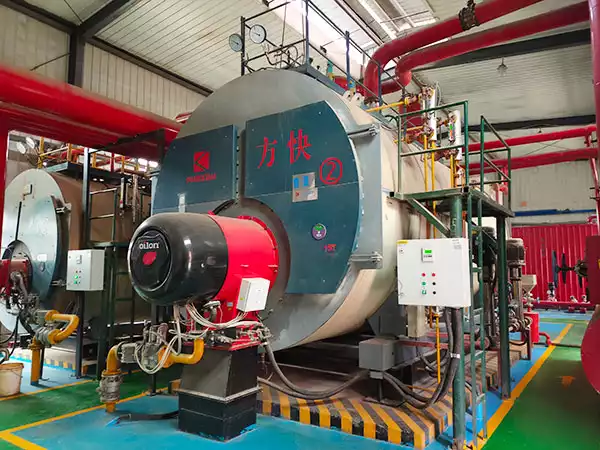 2023 Guida ai prezzi delle caldaie a gas | Confronto dei costi della caldaia a gas domestica
2023 Guida ai prezzi delle caldaie a gas | Confronto dei costi della caldaia a gas domestica 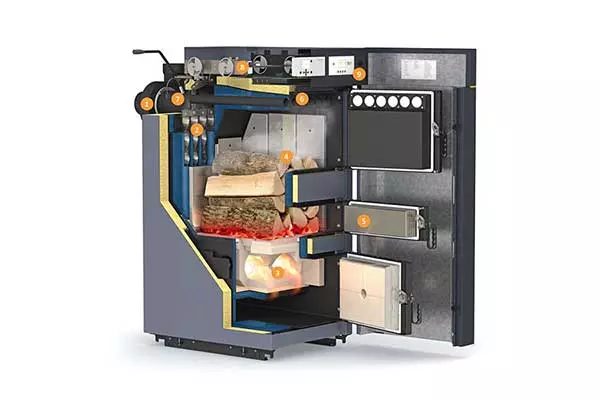 Le migliori caldaie a gassificazione del legno in vendita | Guida all'acquisto
Le migliori caldaie a gassificazione del legno in vendita | Guida all'acquisto 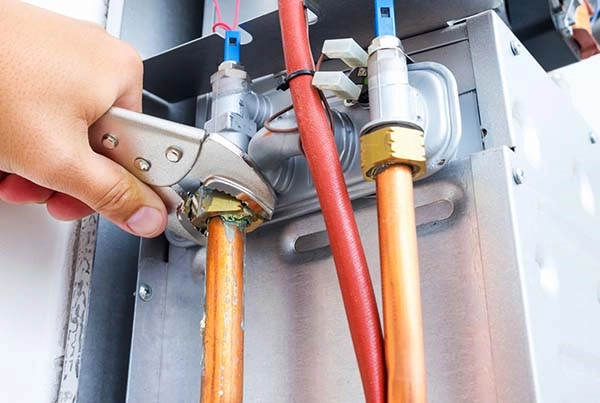 Prezzi della caldaia combinata elettrica | 2023 Guida all'acquisto
Prezzi della caldaia combinata elettrica | 2023 Guida all'acquisto 